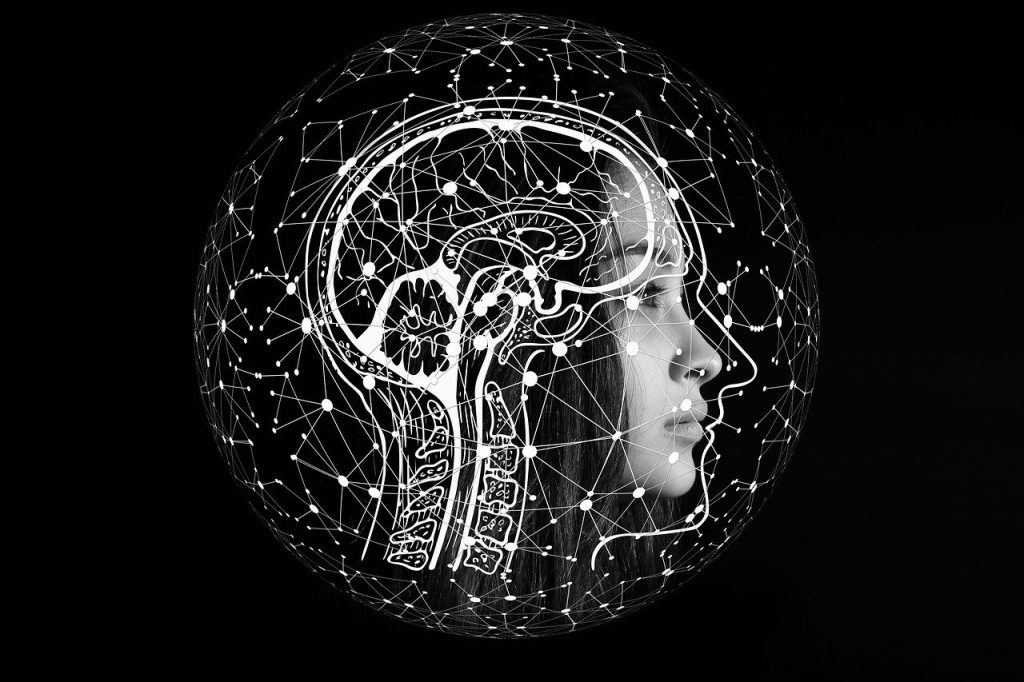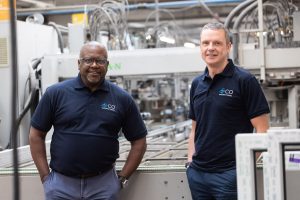What will shape operational research in 2025?

What are the key trends and challenges that will shape operational research in 2025?
From the increased adoption of AI to the urgent need for sustainable solutions, members of The Operational Research Society say OR has the potential to help organisations address their most complex issues.
AI and OR: A Powerful Partnership
As the use of Artificial Intelligence (AI) becomes more prevalent OR will play a significant role.
Matthew Robinson, an engineer and analytics specialist, emphasises the importance of asking the right questions to harness AI’s true potential. “Using OR tools and techniques can ensure people ask AI the right questions,” says Robinson. He envisions OR professionals guiding the development and implementation of AI models, ensuring they are tailored to specific sector needs and deliver meaningful solutions. This includes the emergence of bespoke AI models for diverse industries, leading to more accurate data and effective decision-making.
Dr. Gilbert Owusu, outgoing President of the OR Society and Data and AI Director at BT Digital, echoes this sentiment. He highlights BT’s long-standing use of AI for optimisation and sustainability, and with the rise of generative AI, sees even greater potential for OR to drive smart decisions. “OR will be needed across the board as it is the science of decision making,” says Owusu.
OR in the Public Sector: Enhancing Service Delivery
Tony O’Connor, head of the government OR service (GORS), notes the continued growth of the GORS and its crucial role in supporting government efforts to deliver public services efficiently and effectively. “OR is well placed to support the challenges and improvements government seeks to deliver in the coming years,” says O’Conner.
Healthcare: OR Moves from Theory to Practice
According to Martin Parr, Business Owner at Guided Systems Solutions and Visiting Professor with the Royal Academy of Engineering, healthcare is finally embracing the practical applications of OR. “Healthcare is finally taking OR more seriously,” says Parr. He highlights the growing use of AI and machine learning in diagnostics and the potential of emerging technologies like digital twins and IoT to transform healthcare delivery. However, he cautions against overhyping these advancements, stressing the importance of “doing the basics really well” and ensuring OR solutions are practical and accessible.
Sustainability: A Key Focus for OR
Sustainability is a pressing challenge, and OR has a crucial role to play in developing solutions. Bob Scott, Board Member of The OR Society, highlights the impressive work being done in this field, including the UK Net Zero strategy and innovative research presented at recent OR conferences. He believes that OR’s problem-structuring methods, combined with AI and analytics, can provide a deeper understanding of how industries can contribute to strategic climate goals. Simulation modelling and digital twins will be key tools, enabling organisations to test strategies in virtual environments before real-world implementation.
Collaboration is Key
Looking ahead, collaboration is vital for the continued success of OR. Parr calls for closer partnerships between operational researchers and health economists to address the financial realities of healthcare delivery. Scott envisions OR making significant contributions to sustainability goals by fostering interdisciplinary approaches and using emerging technologies.
By embracing innovative technologies, focusing on collaboration, and investing in future talent, OR professionals can continue to make a positive impact across a wide range of sectors, driving innovation, and creating a more sustainable and equitable world.


